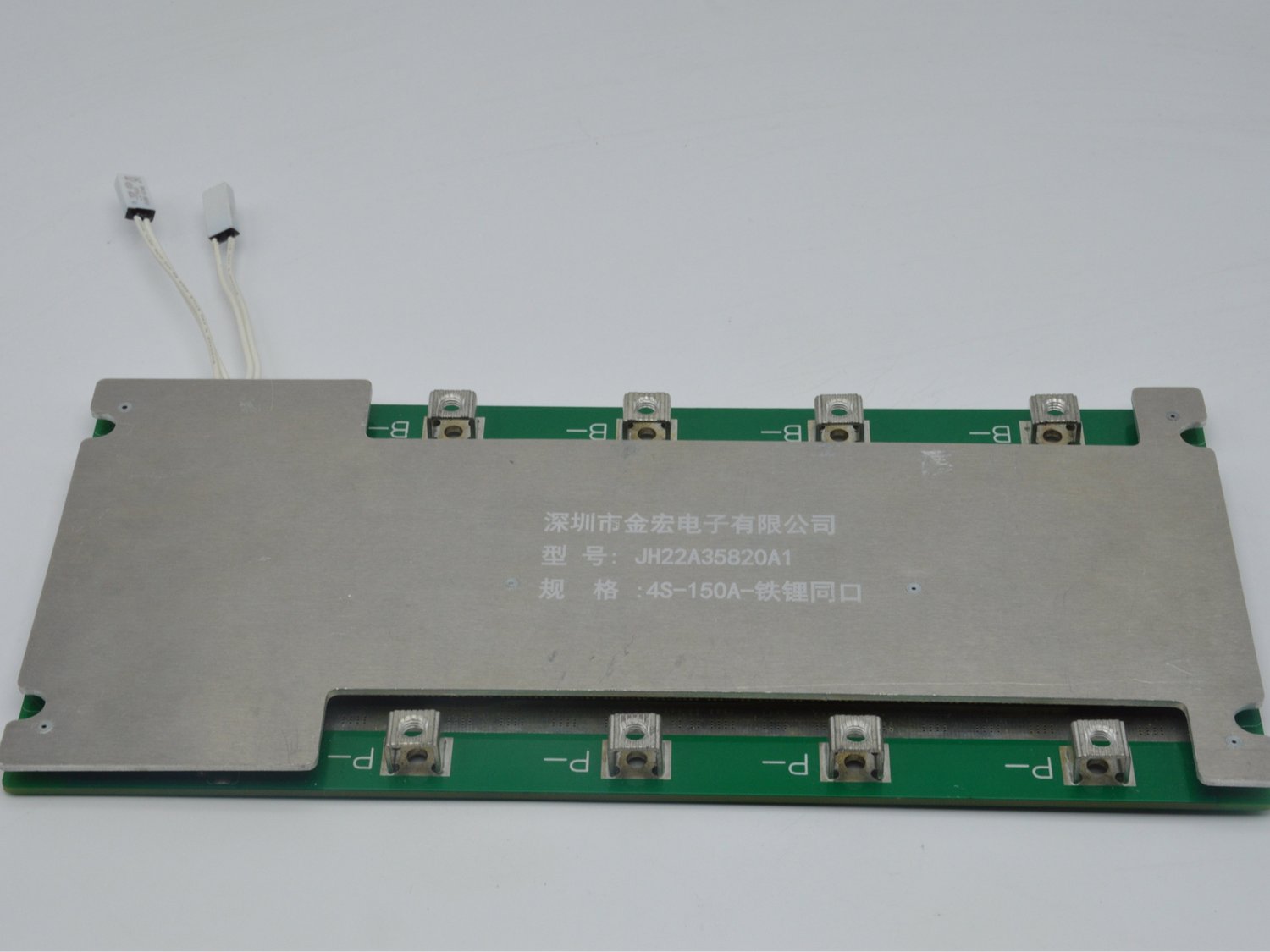Optimizing Performance
The Battery Management System (BMS) plays a crucial role in ensuring the optimal performance of multi-cell battery packs in electric vehicles (EVs). By monitoring and controlling the voltage, current, and temperature of each cell, the BMS helps to extend the lifespan of the battery pack and maximize its efficiency.
Enhancing Safety
One of the primary functions of the BMS is to protect the battery pack from overcharging, overdischarging, and overheating. This is essential for ensuring the safety of the vehicle and its passengers, as well as preventing damage to the battery cells. The BMS constantly monitors the conditions of the battery pack and implements safety measures when necessary.
Improving Battery Health
By actively balancing the charge of individual cells within the battery pack, the BMS helps to maintain consistent performance and prolong the overall health of the battery. This balancing process ensures that no single cell is overworked or underutilized, leading to a more reliable and longer-lasting battery pack.
Increasing Efficiency
The BMS helps to optimize the charging and discharging processes of the battery pack, reducing energy losses and improving overall efficiency. By carefully managing the flow of energy within the pack, the BMS ensures that each cell operates at its peak performance, resulting in a more efficient and sustainable driving experience.
Enhancing Performance Monitoring
With the ability to collect and analyze data from each individual cell in real-time, the BMS provides valuable insights into the performance of the battery pack. This data can be used to identify potential issues, track the health of the battery cells, and make informed decisions about maintenance and replacement.
Ensuring Compatibility
The BMS is designed to work seamlessly with a variety of battery chemistries and configurations, making it a versatile solution for EV manufacturers. Whether the battery pack consists of lithium-ion, nickel-metal hydride, or other types of cells, the BMS can be customized to meet the specific requirements of the vehicle.
Meeting Safety Regulations
In many countries, there are strict safety regulations governing the use of high-voltage battery packs in EVs. The BMS is essential for ensuring compliance with these regulations, as it provides the necessary safety features and monitoring capabilities to meet or exceed industry standards.
Providing Diagnostic Capabilities
The BMS can detect and diagnose potential issues with the battery pack, such as cell degradation or internal faults, before they become serious problems. By alerting the driver or maintenance personnel to these issues, the BMS helps to prevent costly repairs and unexpected downtime.
Enabling Smart Charging
With the rise of smart grid technology and renewable energy sources, the BMS plays a key role in enabling smart charging solutions for EVs. By communicating with external systems and optimizing the charging process based on energy availability and cost, the BMS helps to reduce the environmental impact of EVs.
Promoting Sustainable Transportation
By improving the efficiency, safety, and longevity of multi-cell battery packs in EVs, the BMS contributes to the growth of sustainable transportation solutions. As more drivers make the switch to electric vehicles, the importance of a reliable and effective BMS cannot be overstated in ensuring a smooth transition to a greener future.

